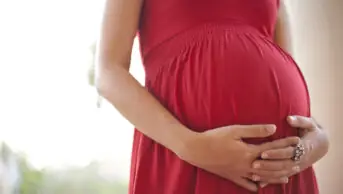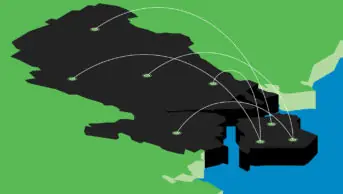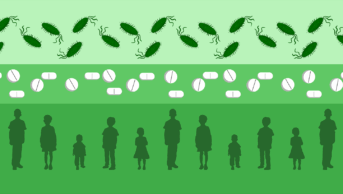
Shutterstock.com
A total of 95% of all final-year UK medical students have passed an online test that challenged their knowledge, judgment and skills around prescribing and their supervision of medicines use, according to the results of an analysis published in the latest edition of the British
Journal of Clinical Pharmacology
[1]
(online, 22 May 2017).
Researchers looked at the results of the 7,343 students who sat the two-hour Prescribing Safety Assessment in 2016.
The test was designed by the British Pharmacological Society and the Medical Schools Council Assessment to judge the competency of newly graduated doctors. It was originally piloted in 2012 and 2013 and rolled out to all 31 UK medical schools in 2014.
Analysis of the results revealed that the overall pass rate was 95%, with pass rates for each of the four individual online papers ranging from 93–97%.
Of the 261 candidates who failed the test at first attempt, 80% passed second time around, the research found.
The marks between different medical schools, which were anonymised, was “significant” (F=32.6, p<0.0001), according to the results of the study.
There was also a strong positive correlation in the performance of individual schools in 2015 compared with their 2016 results (r=0.79, 95% confidence interval 0.61 to 0.90; p<0.01), the researchers noted.
The paper concludes that the overall 2016 results “demonstrated the feasibility of delivering a standardised national prescribing assessment online”.
“The vast majority of UK final medical students were able to meet a pre-specified standard of prescribing competence,” the researchers add.
References
[1] Maxwell SR, Coleman JJ, Bollington L et al. Prescribing Safety Assessment 2016: Delivery of a national prescribing assessment to 7,343 UK final-year medical students. Br J Clin Pharmacol 2017. doi: 10.1111/bcp.13319.


